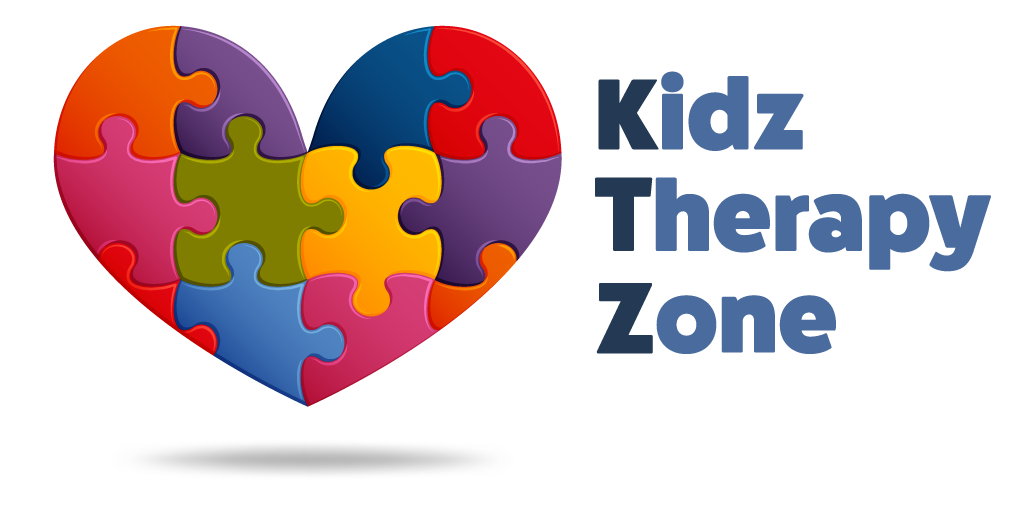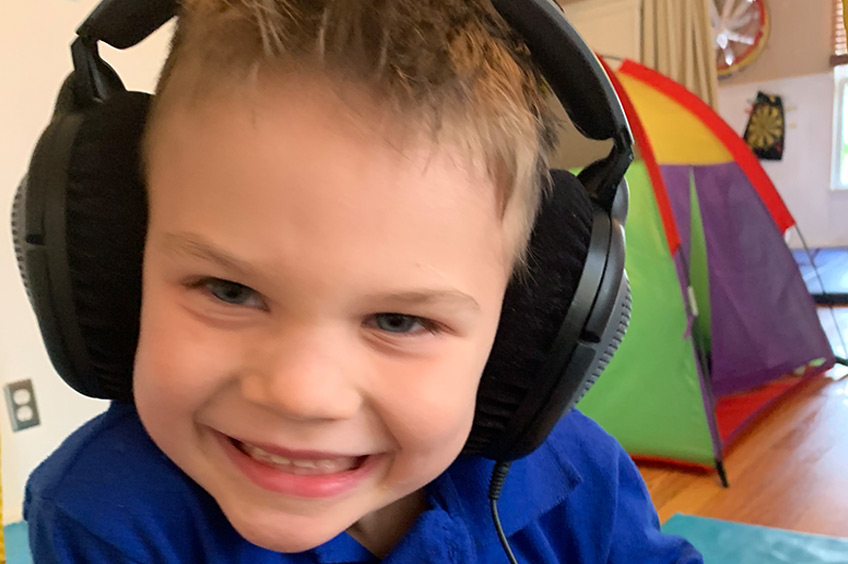“Early Intervention Services at Kidz Therapy Zone”
Early intervention services in an outpatient private practice are specialized therapy services designed to support young children-typically from birth to age 5 who are experiencing developmental delays or challenges. These services aim to build foundational skills during a critical window of brain development when early support can have the greatest long-term impact
When to consider Early Intervention for your child:
By Age 3, Most Children Typically Can:
Communication:
- Use 2-3 word sentences (“I want juice”, “Mommy go work”)
- Say about 200-500 words
- Follow 2-step directions (“Get your shoes and put them by the door”)
- Name common objects and people
- Ask simple questions (“What’s that?”)
- Be understood by familiar adults most of the time.
Motor Skills:
- Walk up and down stairs with one foot on each step
- Run easily without falling
- Climb well (on furniture, playground equipment)
- Pedal a tricycle
- Build a tower of 6+ blocks
- Use utensils (like a spoon) with little spilling
- Begin manipulating smaller objects, like turning pages in a book, one at a time
Social/Emotional:
- Show a wide range of emotions
- Copy adults and friends
- Show affection for friends without prompting
- Take turns in games (with support)
- Display concern for a crying friend
- Separate easily from parents in familiar settings (like daycare)
Cognitive (Thinking and Learning):
- Play make-believe with dolls, animals, or people
- Sort objects by shape and color
- Complete simple puzzles (3-4 pieces)
- Understand the idea of “mine” and “yours”
- Begin to understand time in basic ways (like “after snack” or “before bed”)
Trust your instincts: If you ever feel something “isn’t quite right,” even if it’s subtle, it’s always better to seek an evaluation early. Early intervention services (like speech therapy, occupational therapy, and developmental therapy) can make a huge difference during the critical early years of brain development.
In a private practice setting, early intervention typically involves:
1. Comprehensive Evaluation:
- Therapists conduct detailed assessments to understand the child’s strengths, areas of need, and developmental level.
- Evaluations often cover speech/language skills, fine and gross motor skills, sensory processing, feeding abilities, and social-emotional development.
- Parents/caregivers are involved throughout the process to provide insights and set goals.
2. Individualized Therapy Plans:
- Based on the evaluation, a customized therapy plan is created that addresses the child’s specific needs.
- Goals are family-centered, meaning they focus not only on developmental milestones but also on helping the child participate more fully in everyday routines and activities at home and in the community.
3. Therapy Services Offered:
- Depending on the child’s needs, services may include:
- Occupational Therapy: To support motor skills, sensory processing, self-care tasks (like dressing, feeding), and play skills.
- Speech and Language Therapy: To develop communication skills, understanding of language, expressive speech, and early social interaction.
- Feeding Therapy: To address difficulties with eating, drinking, or sensory-based feeding challenges.
- Physical Therapy (if available): To enhance strength, balance, and gross motor development, like walking, climbing, and coordination. If PT is not available, a licensed Occupational Therapist or Certified Occupational Therapy Assistant is qualified to provide these services to some degree. However, if your child is experiencing difficulties with: Abnormal walking patterns; Tight muscles or limited range of motion; Torticollis (head tilted to one side) or plagiocephaly (flat spots on the head) in infants; Recovery from orthopedic injuries; Neurological conditions (such as cerebral palsy, spina bifida, muscular dystrophy) that impact movement and physical function, then a PT would best address these needs.
- Parent/Caregiver Coaching: Therapists work closely with families to teach strategies that can be used at home, empowering caregivers to support development in everyday life.
4. Play-Based, Child-Led Approach:
- Sessions are child-led and play-based because play is the primary way young children learn.
- Therapists use toys, games, songs, and interactive activities to make therapy motivating, fun, and developmentally appropriate.
- Kidz Therapy Zone integrates models like DIR Floortime®, sensory integration, or neurodiversity-affirming practices to ensure therapy honors each child’s natural learning style.
5. Family Collaboration
- Families are considered essential partners in the process.
- Therapists offer frequent updates, home programs, and practical strategies that parents can incorporate into daily routines like mealtimes, bath time, or playground visits.
- Progress is reviewed regularly, and goals are adjusted as the child grows and changes.
6. Benefits of Outpatient Private Practice Early Intervention:
- Flexible Scheduling: More options for therapy times compared to public early intervention programs.
- One-on-One Attention: Children receive focused, individualized care.
- Tailored Approaches: Therapists can customize treatment styles and interventions beyond standardized public programs.
- Extended Support: Therapy can continue seamlessly beyond age 3 if needed (whereas public early intervention services often shift at age 3 to school-based support).
- Multi-Disciplinary Approach: Kidz Therapy Zone’s team of onsite OTs, Speech Therapists and PTs (if available) will collaborate closely to address overlapping skills, like oral motor strength for both speech and eating, or sensory regulation for better communication and attention. Instead of addressing challenges in isolation, the team looks at the whole child— their strengths, interests, needs, and environment. Skills reinforced across therapies (and at home) grow more quickly and are more likely to stick. Children gain confidence from feeling supported, and parents gain confidence in their ability to help their child thrive.

